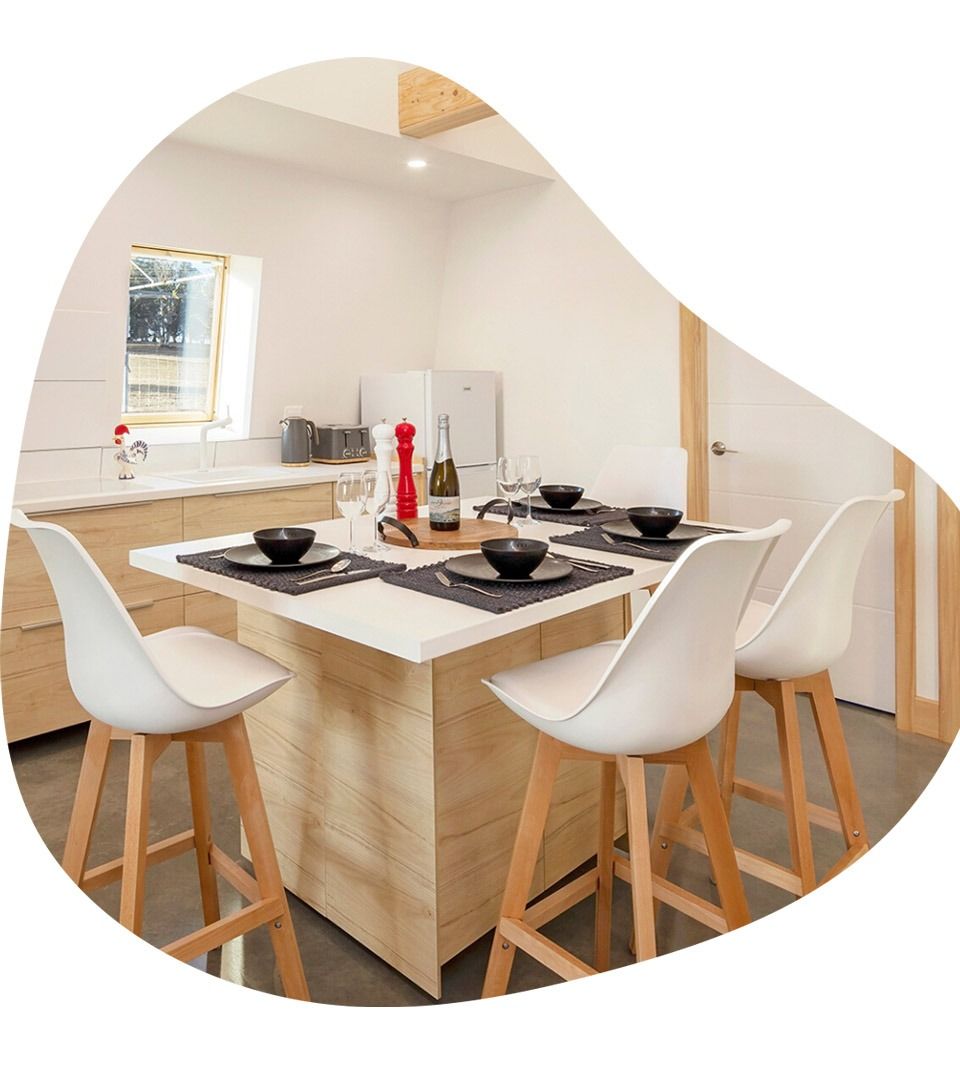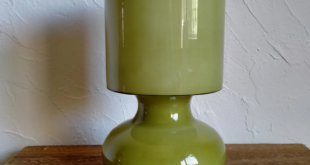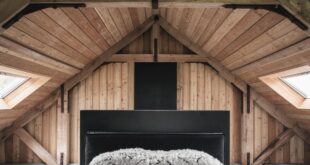
Efficient sustainable prefab homes are quickly gaining popularity as an eco-friendly and cost-effective housing solution. These homes are constructed off-site in a factory setting, utilizing efficient construction techniques and materials that reduce waste and energy consumption. Prefabricated homes also have a smaller carbon footprint compared to traditional homes, as they often incorporate renewable resources and modern building technologies. In addition, prefab homes are designed to be energy-efficient, with features such as high-performance insulation, energy-efficient windows, and solar panels. This not only reduces the environmental impact of the home but also lowers utility costs for the homeowner. Furthermore, prefab homes are typically quicker to build compared to traditional homes, saving both time and money during the construction process. Overall, efficient sustainable prefab homes offer a modern, stylish, and environmentally friendly housing option for those looking to live more sustainably.
Efficient sustainable prefab homes are becoming increasingly popular due to their numerous benefits. These homes are built off-site in a controlled environment, using sustainable materials and techniques. This results in less waste, lower energy consumption, and reduced construction time. In addition, prefab homes are easily customizable to fit individual preferences and needs, making them an attractive option for many homebuyers.
One of the key advantages of efficient sustainable prefab homes is their energy efficiency. These homes are specifically designed to minimize energy consumption through features such as high-quality insulation, energy-efficient appliances, and solar panels. This not only reduces the environmental impact of the home but also saves homeowners money on their utility bills. In addition, prefab homes are often built with renewable materials that are sourced sustainably, further reducing their carbon footprint.
Efficient sustainable prefab homes also offer a faster construction process compared to traditional homes. Because these homes are built off-site, construction can proceed simultaneously with site preparation, drastically reducing the overall build time. This means that homeowners can move into their new home in a much shorter timeframe, saving both time and money. Additionally, prefab homes are typically built to higher quality standards due to the controlled factory environment, resulting in fewer construction defects and repairs. In the long run, this can lead to lower maintenance costs and increased durability of the home.
In conclusion, efficient sustainable prefab homes provide a modern and environmentally friendly housing option for those looking to reduce their carbon footprint and live more sustainably. With their energy-efficient features, faster construction time, and higher quality standards, these homes offer numerous advantages over traditional construction methods. As the demand for sustainable housing continues to grow, prefab homes are likely to become an increasingly popular choice for eco-conscious homeowners looking to create a more sustainable future.
 home decor trends
home decor trends



